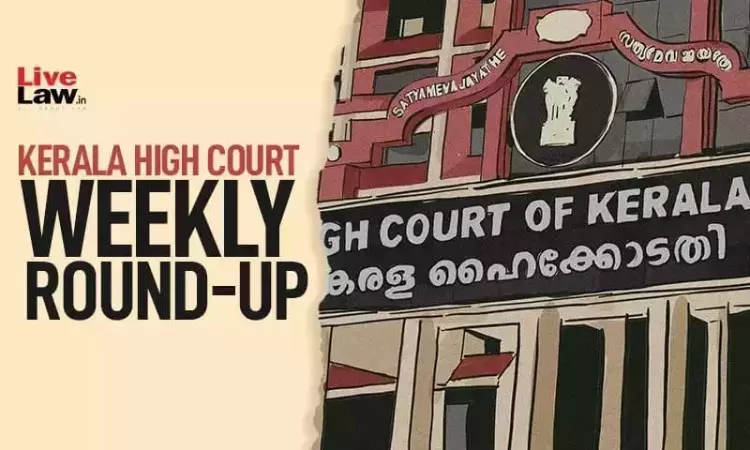Next Story
10 April 2023 8:40 AM IST
Nominal Index [Citation: 2023 LiveLaw (Ker) 168-177]Sukumaran v. R.C. Ibrahim & Ors., 2023 LiveLaw (Ker) 168Suni @ Sunil V State of Kerala, 2023 LiveLaw (Ker) 169Priyesh B Kartha V. The Deputy Superintendent Of Police, 2023 LiveLaw (Ker) 170Dr. P K Asokan V State of Kerala, 2023 LiveLaw (Ker) 171Asif Azad v. Union of India & Ors.,2023 LiveLaw (Ker) 172All India Digital Cable...

